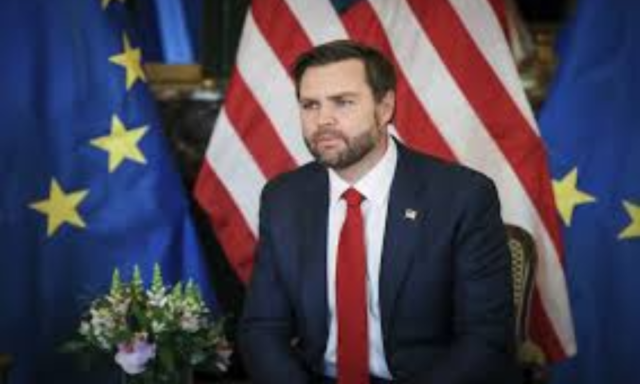Munich: U.S. Vice President JD Vance slams Europe for restricting free speech, accusing its leaders of suppressing dissent and fearing their citizens. Speaking at the Munich Security Conference on Friday, Vance claimed that European governments were cracking down on unorthodox political views and pressuring social media companies to censor content.
Vance Condemns European Censorship
In his speech, Vance listed several incidents that he believes reflect Europe’s growing intolerance for dissenting opinions. He cited:
- The U.K.’s arrest of a protester near an abortion clinic.
- Sweden’s conviction of an anti-Islam activist for burning a Quran.
- European authorities pressuring social media companies to censor so-called misinformation, such as debates over the COVID-19 lab leak theory.
Vance argued that these actions show European governments are more concerned with silencing criticism than addressing real issues.
“Democracy at Risk”
Vance warned that restricting free speech in the name of fighting misinformation was a dangerous path. He claimed that powerful elites were using terms like “misinformation” and “disinformation” to suppress political opponents.
“It looks more and more like old, entrenched interests hiding behind ugly, Soviet-era words,” he said. “They simply don’t like the idea of alternative viewpoints or opposition victories.”
Europe’s Fear of Public Opinion
Vance accused European leaders of fearing their own voters instead of engaging in real debates. He argued that free speech is essential for democracy and warned against shutting down opposing viewpoints.
“If American democracy can survive 10 years of Greta Thunberg’s activism, you guys can survive a few months of Elon Musk,” he quipped.
Conclusion
Vance’s remarks reflect growing tensions between U.S. and European leaders over free speech and political expression. His speech at the Munich Security Conference underscores the debate over how much governments should regulate speech in the digital age. As Europe continues to enforce stricter rules, the divide between American and European views on free expression is becoming more apparent.











